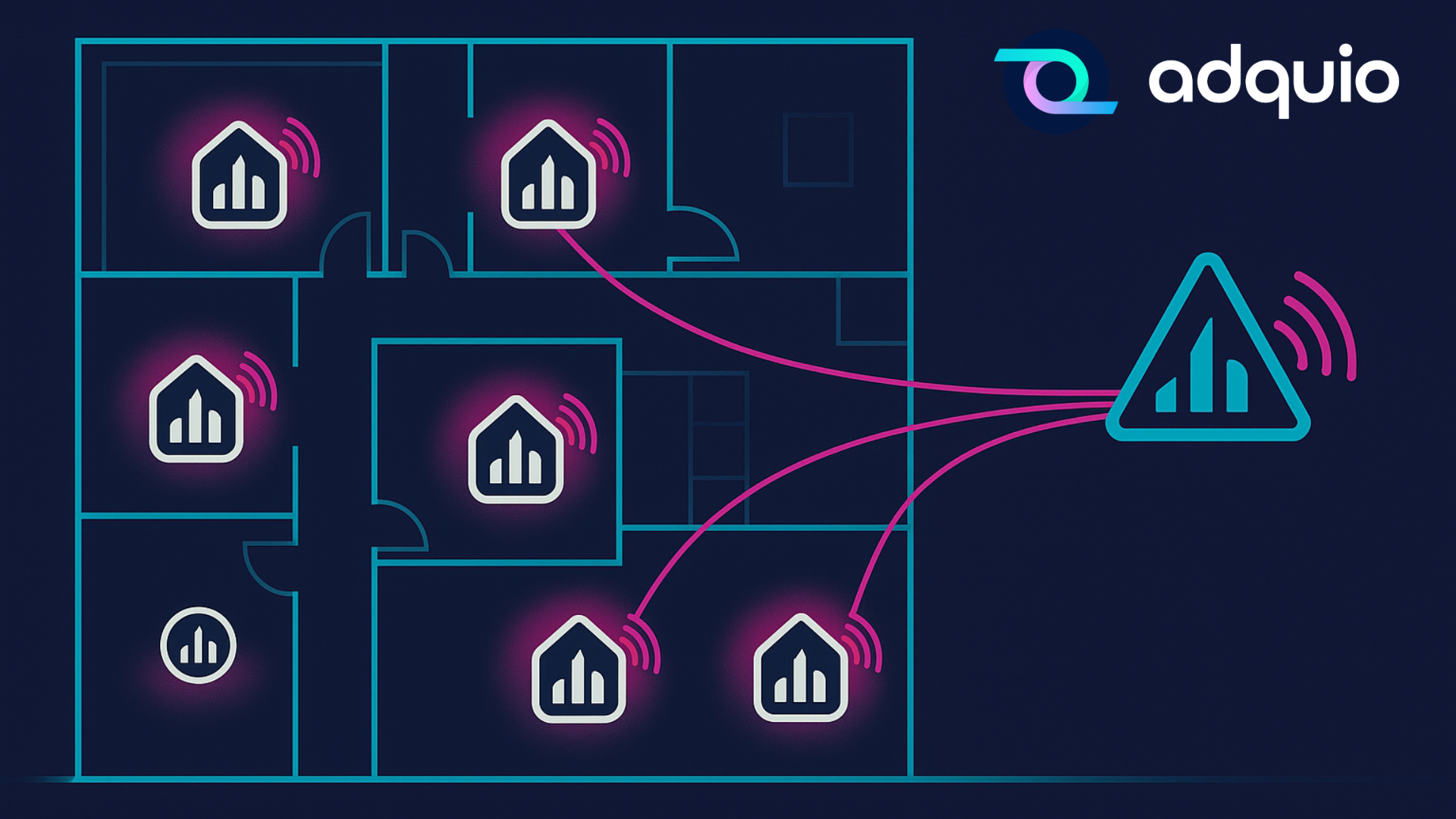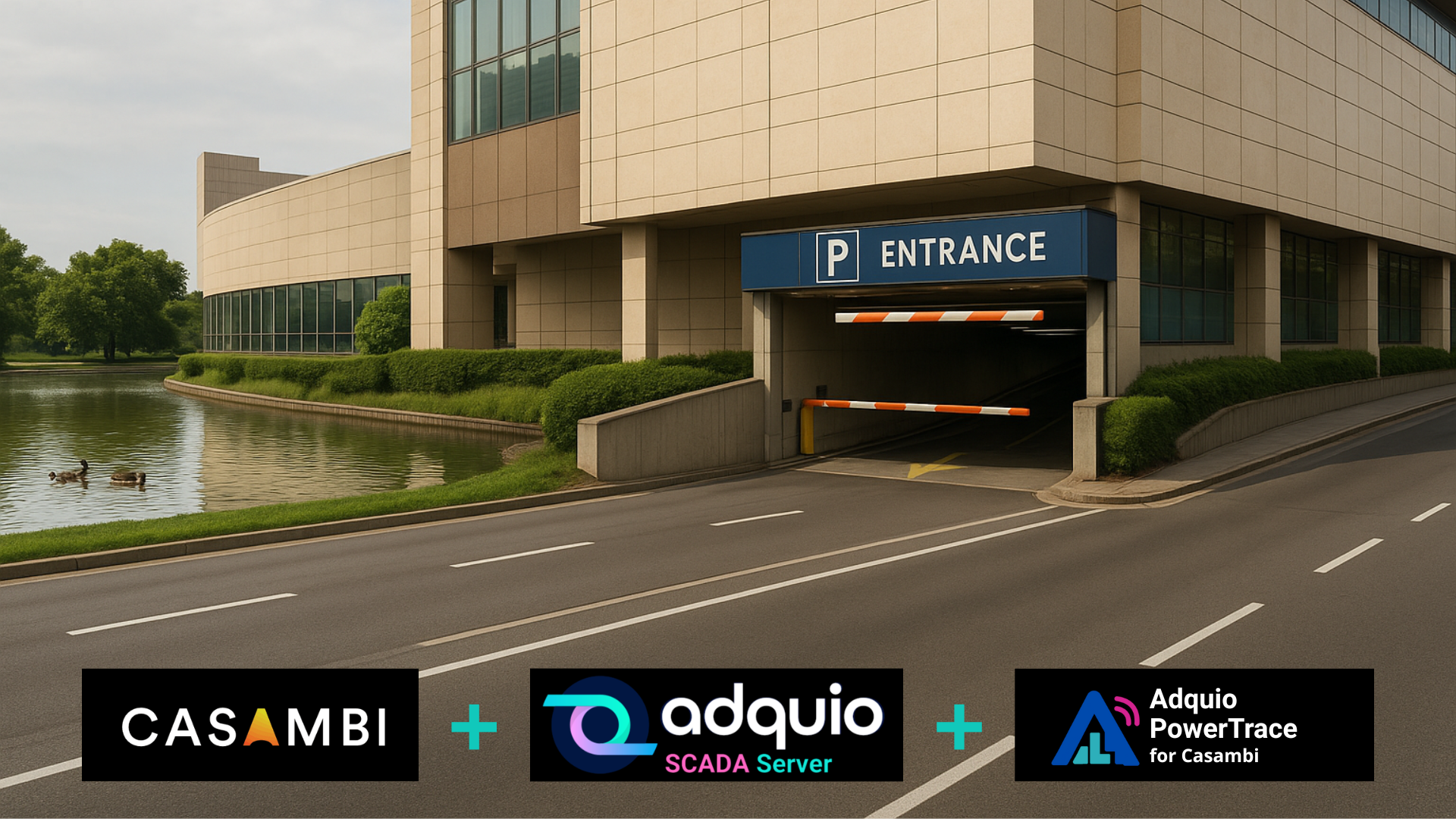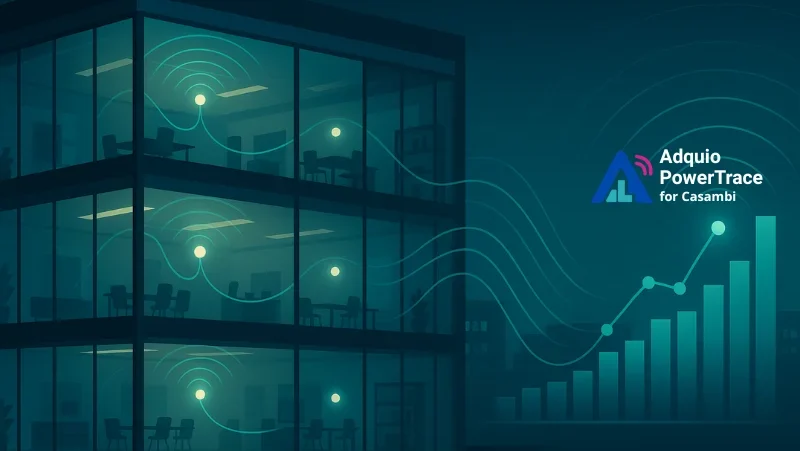 Why Adquio and Adquio Cloud are superior?
Why Adquio and Adquio Cloud are superior?
Why Adquio and Adquio Cloud surpass all BMS in data collection and processing capacity?
Why Adquio and Adquio Cloud are superior? As shown in the image, in order to provide a quality service that is differentiated in reliability and security, In addition to creating a very powerful, friendly and flexible software, we have also created the hardware that will be in charge of collecting all the data and providing it to the Adquio Cloud platform in the most efficient and secure way.
But why are we different?
Traditional BMSs often use standard protocols such as BACnet to connect to all the devices in the facility and to the BMS itself. This protocol has the great advantage of being a de facto standard in the market, but for processing large volumes of information it is very slow and inefficient.
The BMS that usually use these protocols are not capable of offering updated information in real time without delays. Since collecting this information from each of the devices is a heavy and slow task.
Knowing this problem, Adquio and Adquio Cloud have been designed from the beginning, thinking of supporting thousands of variables in each installation. It is not uncommon to see one of our controllers managing 14,000 variables and what is surprising is to see how it does it with total ease and even occupies few resources of the Adquio controller.
How can we be agile when we need to act or see data in real time?
To answer this question we need to get a bit technical and recap a bit on the internal architecture of our controllers.
All Adquio controllers have a cache memory that is located between the data collection layer and the data processing layer, in this way all the data read from all the devices through the buses is always immediately available in this cache, no need to wait for the buses.
Well, we say that real-time data is supplied on demand because it is the Adquio Cloud platform that requests the set of variables that it needs to show at all times, this depends directly on the option that the end user has open on the platform. Adquio Cloud and the variables that it has decided to see or on which it has decided to act.
Only this requested set is read from the cache and sent immediately through a secure connection to the Adquio Cloud platform.
How do we overcome the big problem of uploading large amounts of data to our cloud in an efficient and secure way?
As mentioned above, we made the difficult decision early on to create both software and hardware for our platform. This was not a whim, but we saw the imperative need in the market to offer robust data collection that does not depend on the stability of the internet to have reliable and complete historical data.
For this, we decided to place a device on the client side that would carry out all the data collection work, but not only that, but this device had to be able to pre-compile all the collected data so that when uploading it to the Adquio Cloud , these could be inserted into the database quickly and without any treatment.
In addition to this, these data sets are encrypted and compressed, thus saving a lot of internet bandwidth and gaining speed significantly.
Of course, all Adquio controllers mount a 32Gb storage space that they will use in the event of losing Internet access to store all the data packages that cannot be uploaded immediately. With this storage capacity the device can continue to work for weeks or months and when it regains Internet access, it uploads all the stored packages, and completes the server’s data set seamlessly.
Conclusion
With Adquio controllers and Adquio Cloud BMS you can control any type of installation of any size without worrying if your controllers and BMS platform will have enough capacity to collect and process all the data collected.






